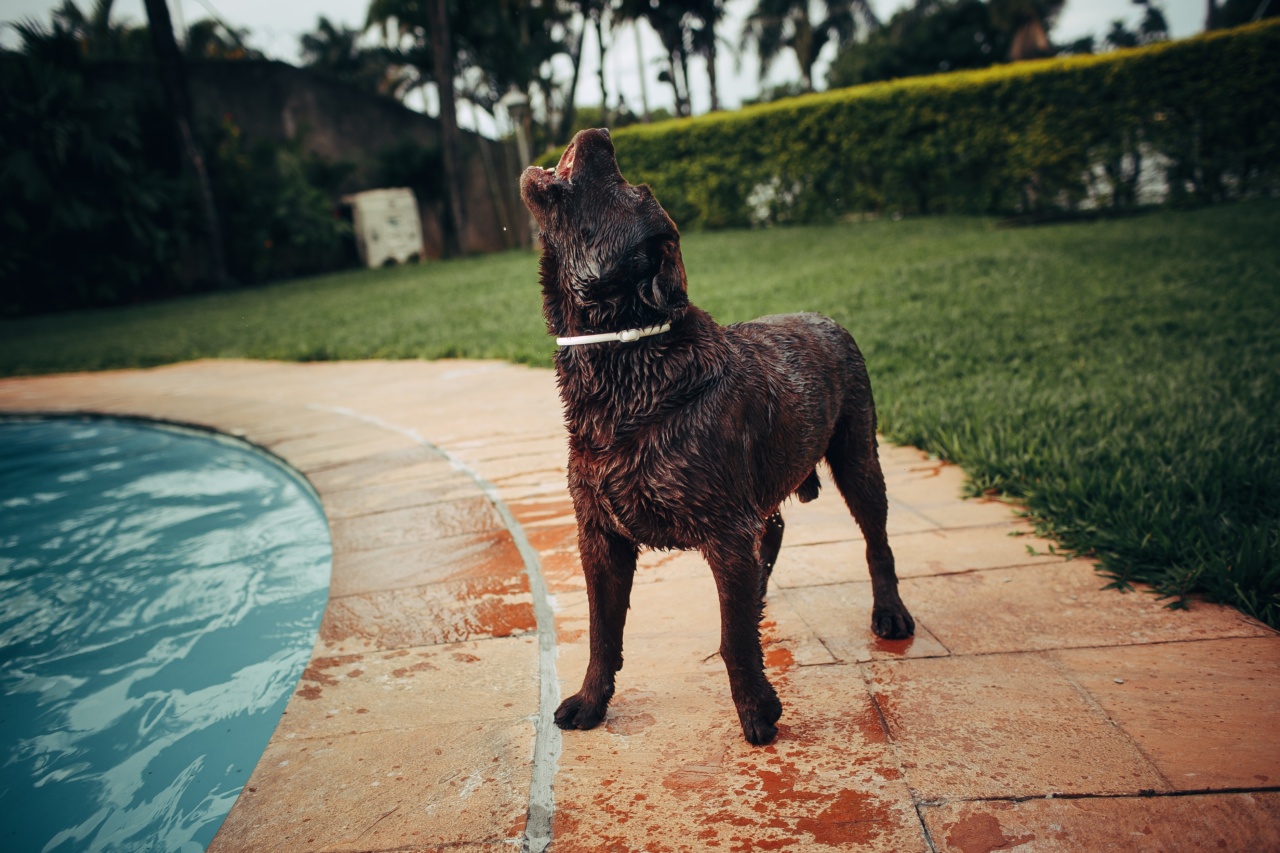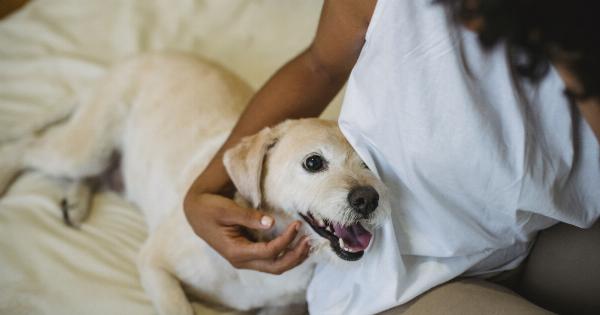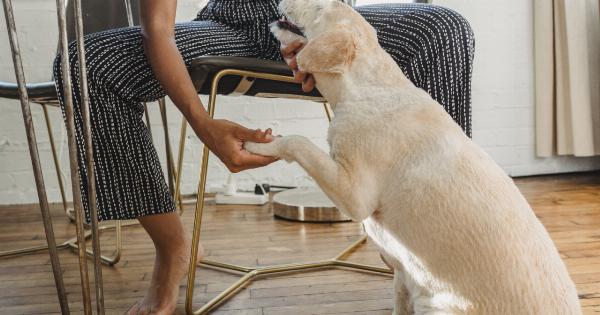Puppies are known for their cute and cuddly nature, but they can also be prone to accidents. If your furry friend has been wetting his bed, it can be concerning for many reasons.
There are several possible causes for this behavior, and it’s important to identify the root of the problem to address it effectively.
Age
If your puppy is under six months old, he may not yet have the muscles needed to hold his urine for an extended period. This means he may have accidents both during the day and while he sleeps.
As your furry friend grows and develops, he will gain greater control over his bladder, and the accidents should decrease.
Health Issues
If your puppy is consistently wetting his bed past the six-month mark, it could be a sign of a health issue. For example, urinary tract infections, diabetes, and kidney problems can all lead to frequent urination.
Other signs to keep an eye out for include lethargy, loss of appetite, and changes in behavior. If you notice any of these symptoms, it’s important to take your furry friend to the vet as soon as possible.
Anxiety
Puppies can experience anxiety, just like humans do. Separation anxiety is a common cause of accidents, as your furry friend may feel stressed when you leave him alone.
Your puppy’s bed acts as a safe space, and if he’s feeling anxious, he may feel the need to mark his territory by urinating. If you suspect your puppy is anxious, consider working with a trainer or behaviorist to address the issue.
Bedding Material
The type of bedding material you use for your furry friend can also play a role in his bed-wetting behavior. Some puppies may not like the smell or texture of certain materials, and this could cause them to urinate elsewhere.
Experiment with different bedding types to see what your puppy is most comfortable with.
Inadequate House Training
House training is an important part of owning a puppy, and if it’s not done correctly, it can lead to accidents.
If you haven’t been consistent with your furry friend’s training, he may not understand that urinating outside is the preferred behavior. Be patient and consistent with the training process, and over time, your puppy will learn where he should be going to the bathroom.
Excitement
Puppies can get excited easily, and this can lead to accidents, especially when they’re playing or greeting someone. When your furry friend gets overly excited, he may not be able to control his bladder, and this can result in accidents.
Try to keep interactions with your puppy calm and measured, and don’t play too rough.
Diet
Your puppy’s diet can also play a role in bed-wetting behavior. If he’s eating too much or too little, or if he’s not getting enough water, this can lead to urinary issues.
Make sure your furry friend is getting a balance of high-quality food and plenty of water. Consult with your vet if you’re not sure what type of diet is best for your furry friend.
Medication
Certain medications can cause increased urination, which can lead to accidents. If your puppy is on any medication, it’s important to talk to your vet about potential side effects and what you can do to minimize them.
Small Bladder
Finally, some puppies may simply have smaller bladders, which means they need to go to the bathroom more often. If your furry friend is consistently wetting his bed, try taking him outside more frequently.
This can help ensure he’s able to empty his bladder fully and reduce the likelihood of accidents.





























